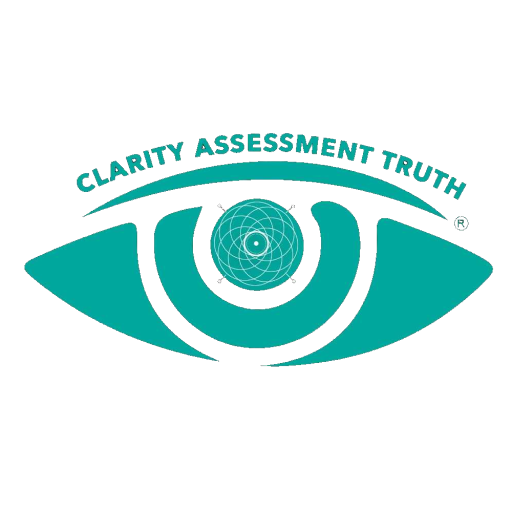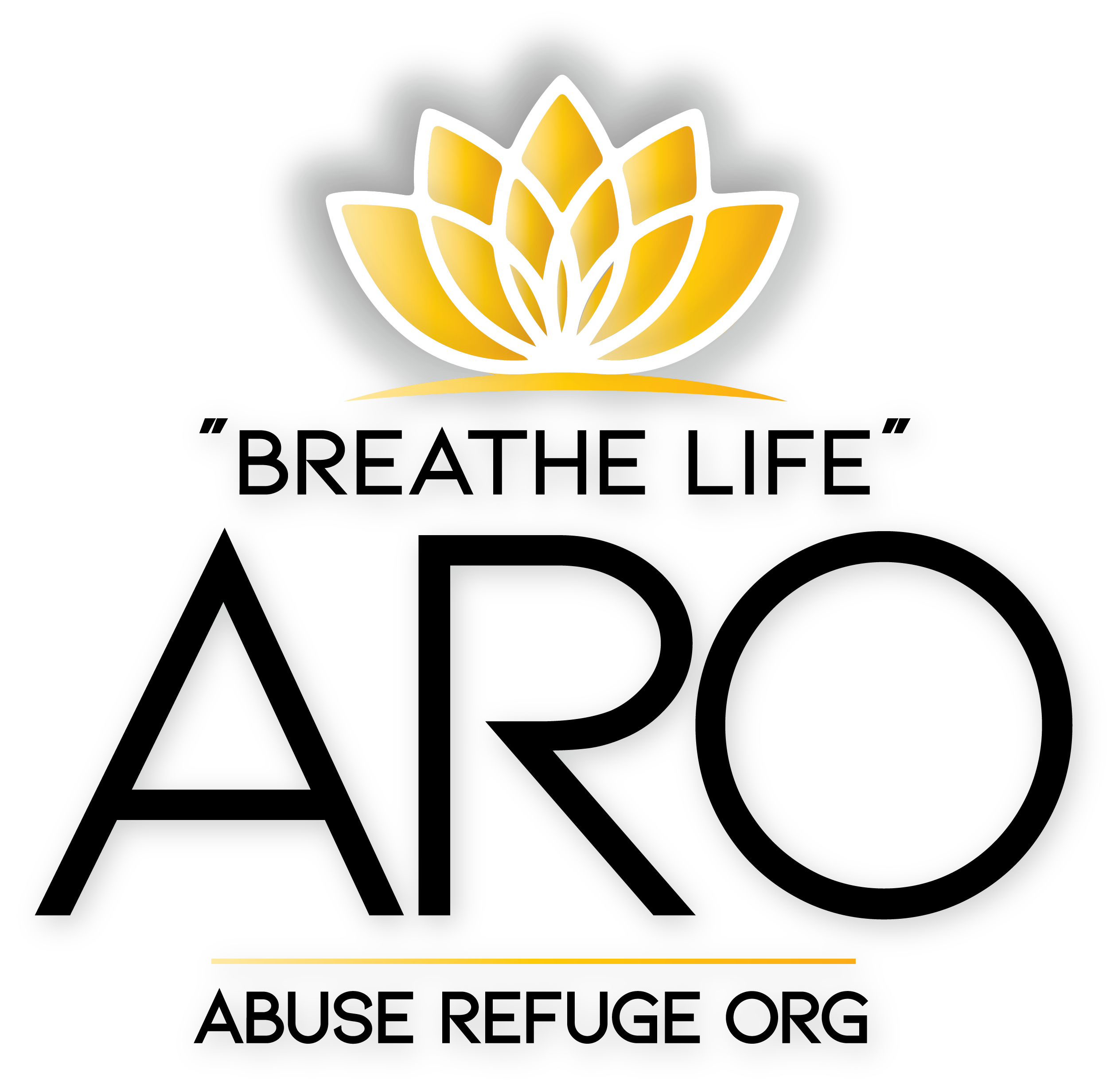Self Abuse is also known as self-harm or self-injury, is a complex and often misunderstood form of abuse. It involves a person intentionally harming themselves physically as a way to deal with overwhelming emotions.

Self Abuse refers to the act of injuring oneself on purpose as an unhealthy coping mechanism for dealing with emotional pain, anger, sadness, and stress. This cycle often involves feelings of shame and guilt, leading to a return of the painful emotions, creating a vicious cycle that can be difficult to break.
Identifiable Victim Markers (IVMs):
• Argumentative: Frustration or conflicts in interpersonal relationships might contribute to self-abusive behavior.
• Avoidance: Avoiding dealing with emotions, thoughts, or situations can lead to self-harm.
• Blame: Internalizing blame or guilt can lead to self-punishment through self-harm.
• Detachment: Feeling disconnected or numb can lead to self-abuse.
• Denial: Unwillingness to acknowledge or deal with emotional issues may lead to self-injury.
• Dissociation: Feeling disconnected from oneself might contribute to self-abusive behavior.
• Isolation: Loneliness or feeling isolated from others may lead to self-abuse.
• Labeling: Negative self-labeling or stigma associated with self-abuse can further perpetuate the behavior.
• Negativity: Persistent negative thoughts and emotions might lead to self-harm.
• Nervousness: Chronic nervousness may manifest as self-abuse.
• Reactive: Emotional or defensive reactions to situations may lead to self-injurious behavior.
• Self-blame: Blaming oneself for problems or feelings may lead to self-abuse.
• Self-criticism: Harsh self-criticism can contribute to self-abusive behavior.
• Self-doubt: Lack of self-confidence or self-worth may lead to self-injury.


